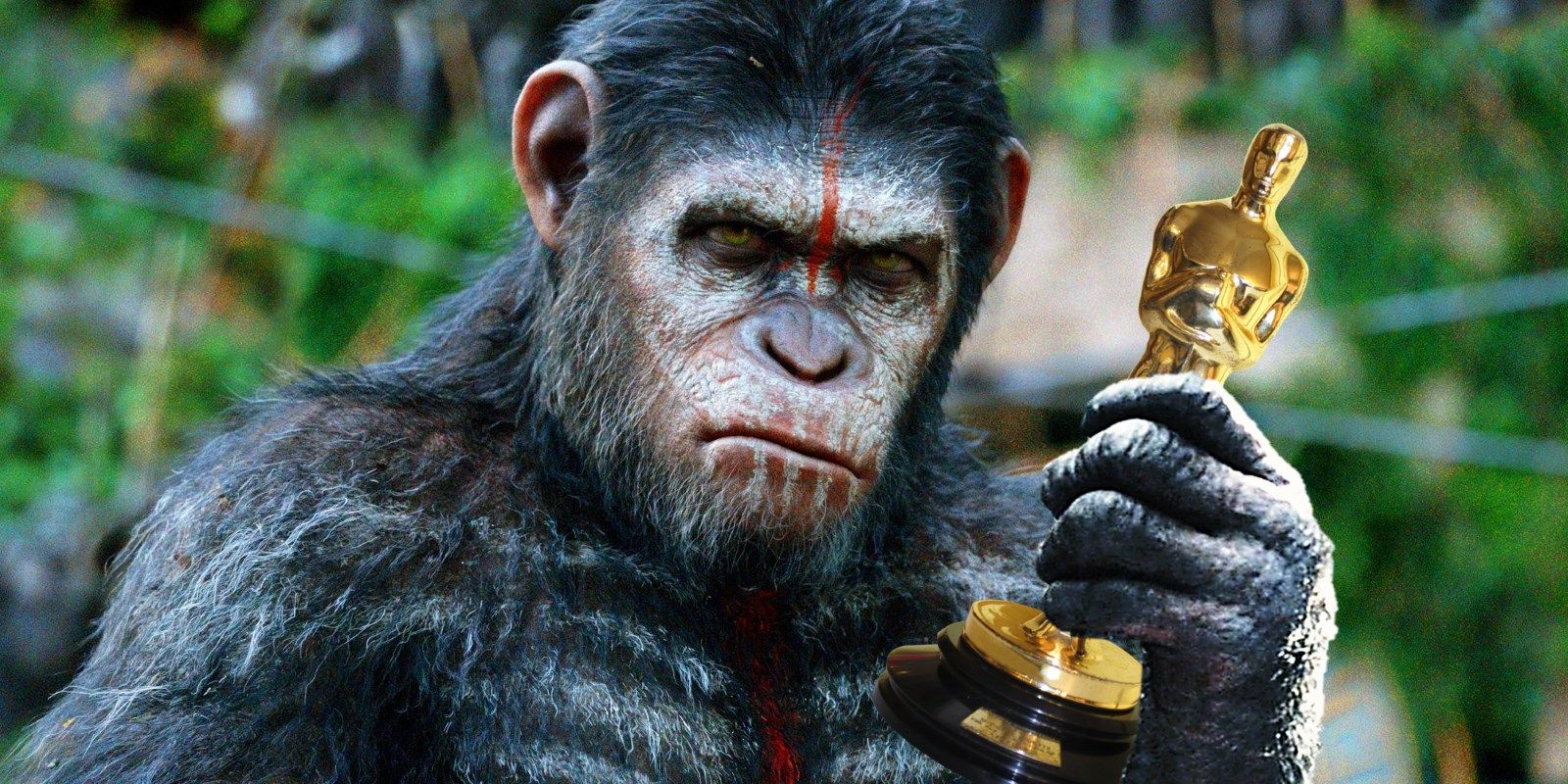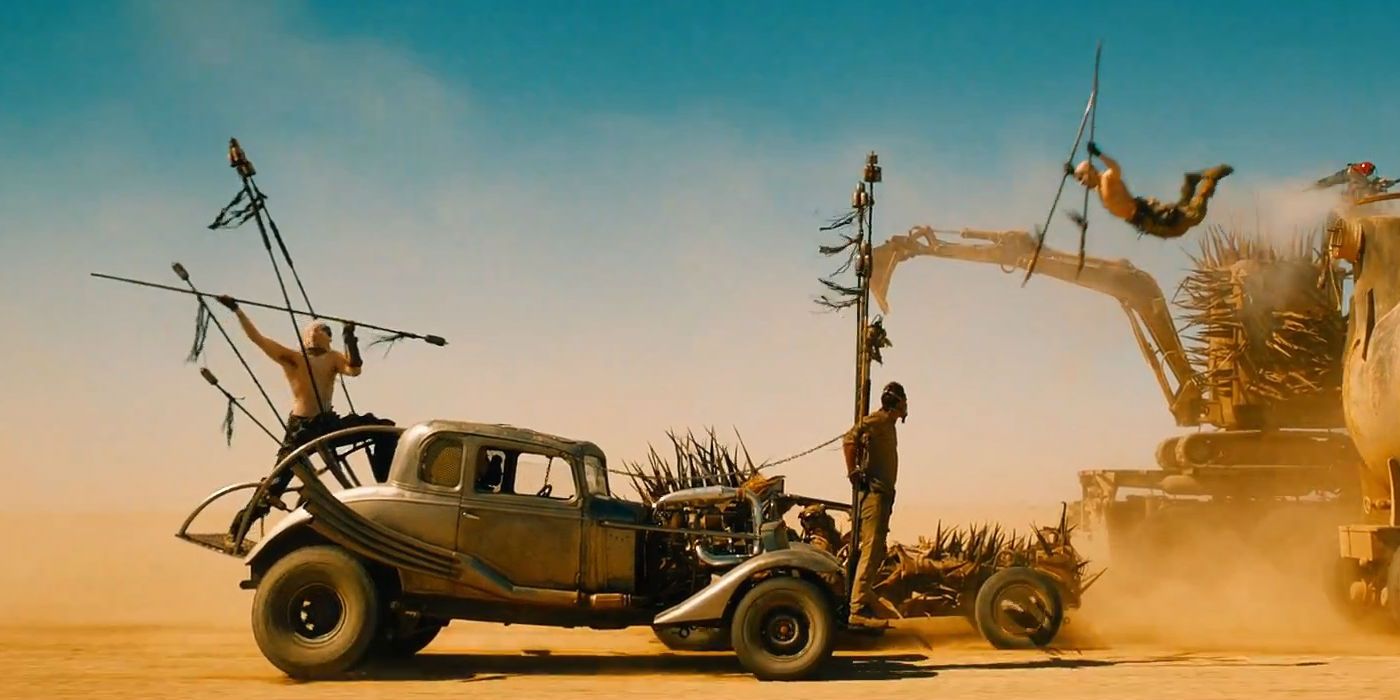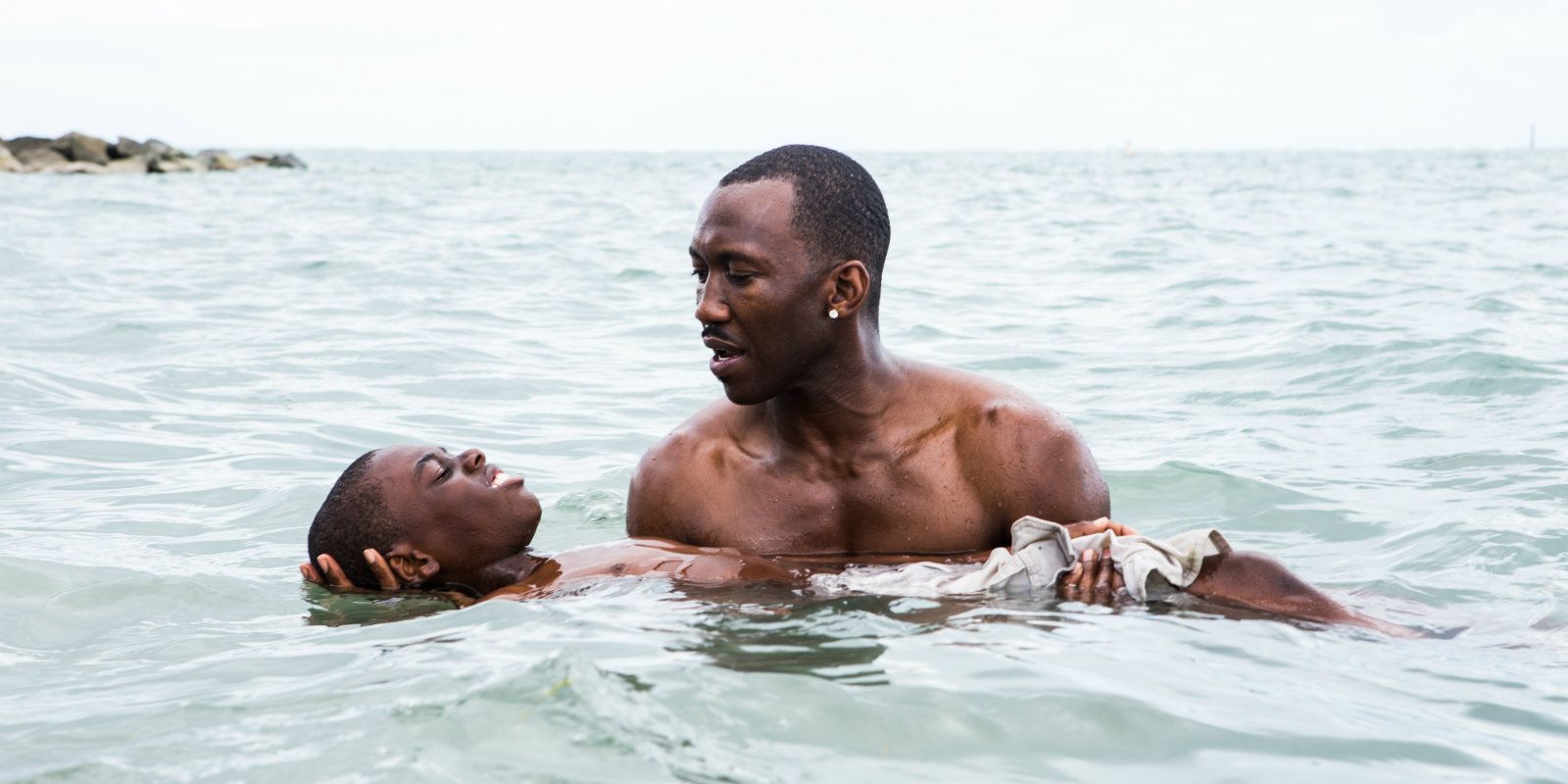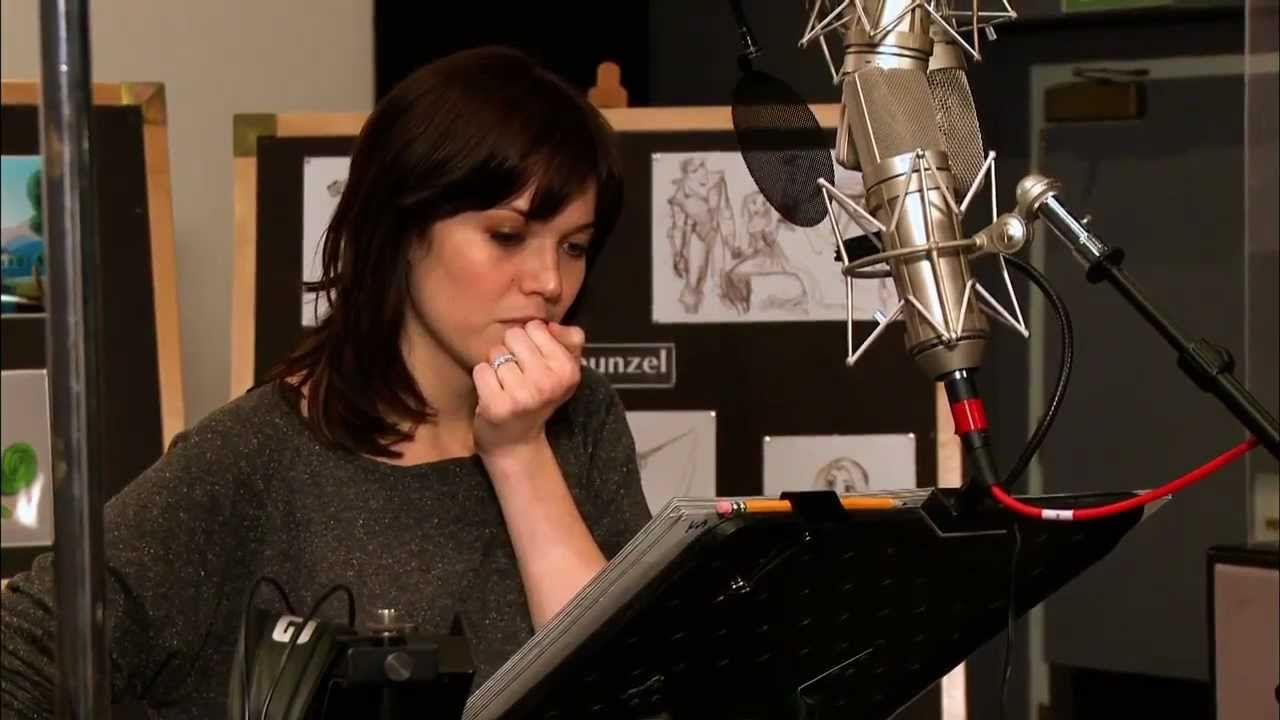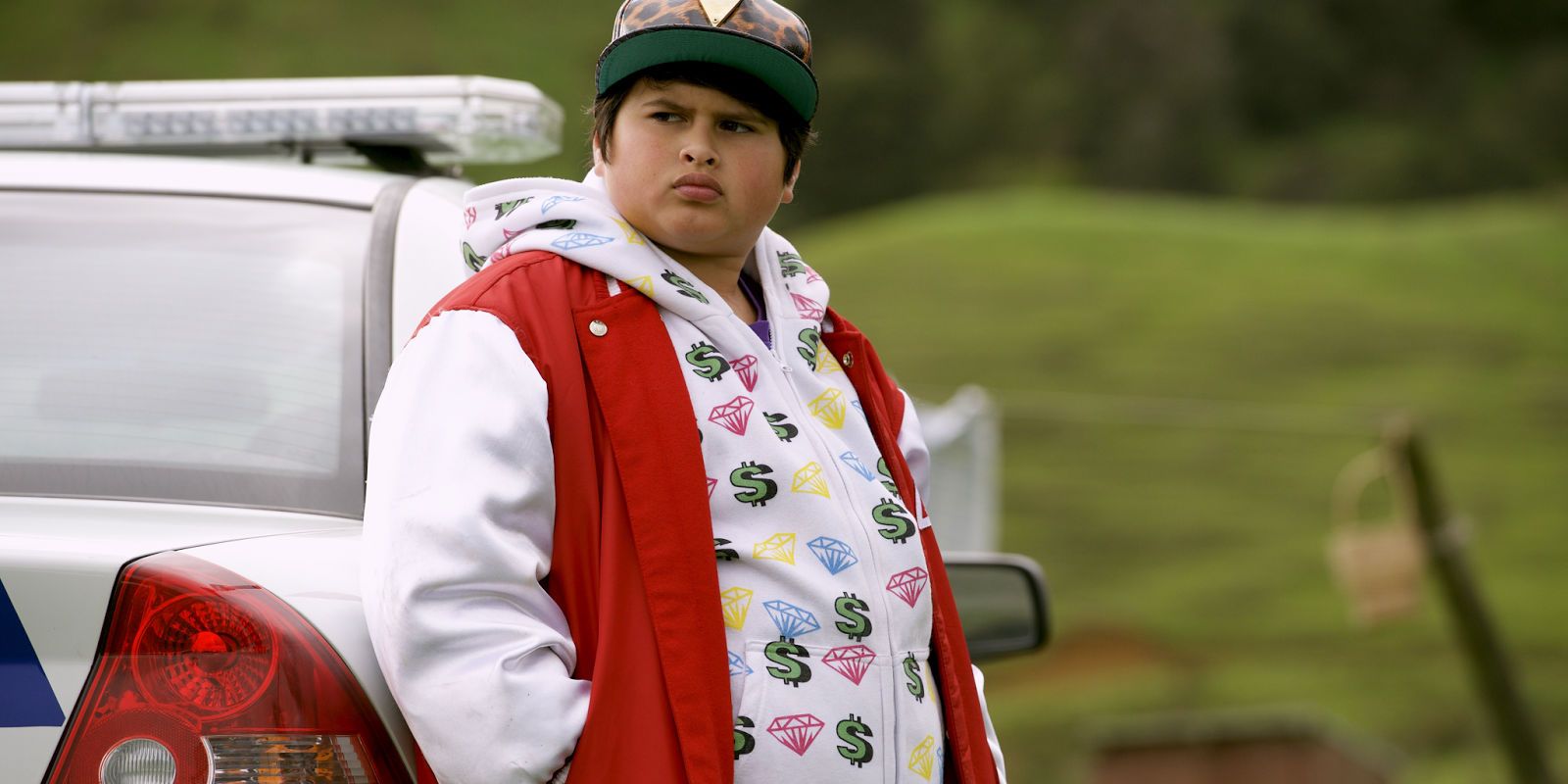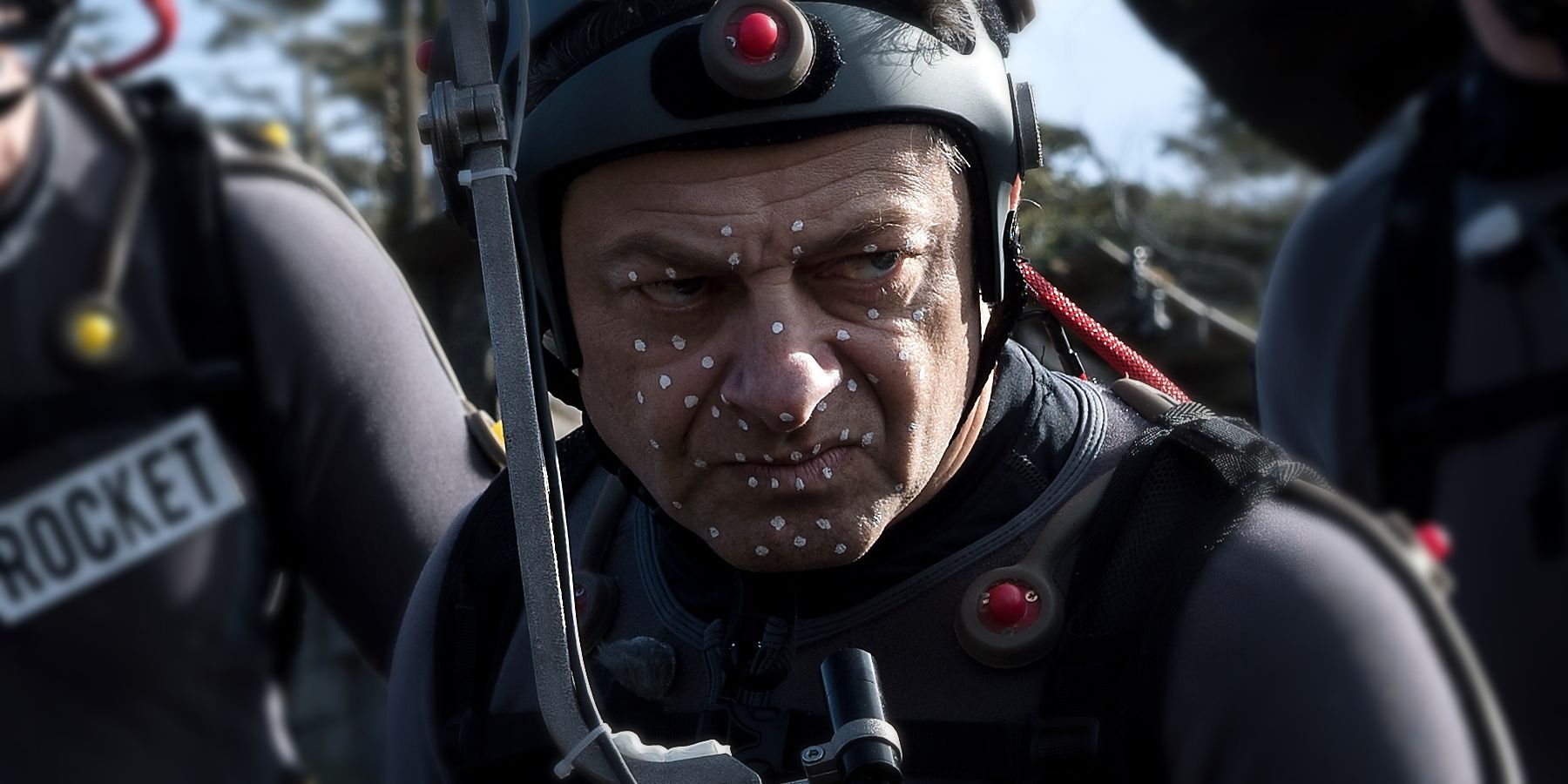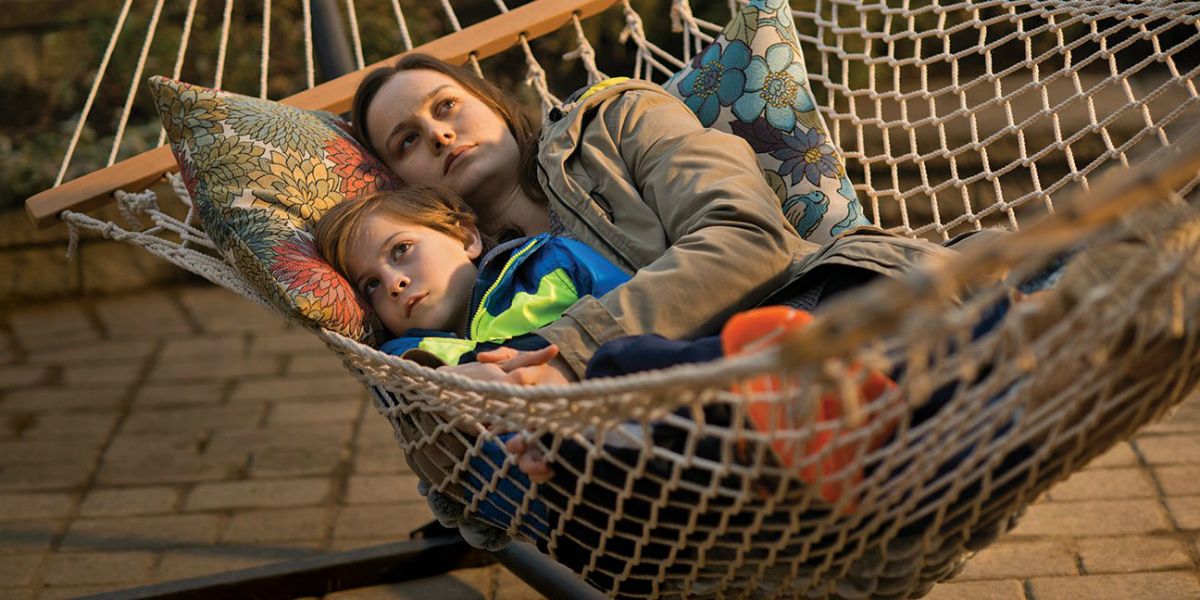With the biggest night in Hollywood finally here and film fans eagerly awaiting the results of the 89th Academy Awards, there will, as always, be much debate surrounding the winners, losers, and those who didn't even make the cut. 2016 has been an especially competitive year, with some of the industry's biggest and most celebrated names missing out on a nomination.
Yet there are also sections of the industry that lack recognition of any kind. Despite the Academy's best efforts to establish itself as a comprehensive representation of the film industry, many elements have fallen into the cracks and struggle to receive the acclaim they sorely deserve.
The Oscars have always struggled to get larger audiences for the big ceremony, as the general public grow increasingly apathetic to the awards process. The ratings for the ceremony fell to an 8 year low in 2016, despite a hotly hyped host and A-list musical performers. Certain aspects of the awards themselves were sliced for brevity, including the honorary awards, whose luncheon ceremony is referenced briefly in a clip, and many fear the show many follow the BAFTAs in pre-recording the show, editing it to a tight 3 hours and leaving most of the technical and short awards to an end-of-show montage. While there are no easy solutions to fixing this particular problem, it would benefit the Academy to include new categories that reflect audiences’ tastes and growing trends in films themselves. We’ve compiled a selection of awards that the Academy should seriously consider adding to the Oscars roster.
Best Stunt Ensemble
We’ve touched on this one before in our article on the Academy’s need for proper stunt-work representation, but it’s a point worth repeating. Given the often groundbreaking work that stunt teams and their technical counterparts have contributed to the film industry from its inception onwards, the absence of Oscar recognition feels glaring. Stunt-work unions, prominent workers in the field and major industry supporters, including Vic Armstrong and Arnold Schwarzenegger, have campaigned for decades to see their achievements rightly recognized, but to no avail. Without the work of stunt men and women, some of our most beloved films would not shine as brightly as they do, including Best Picture-nominated works such as Raiders of the Lost Ark and Mad Max: Fury Road.
On top of being hugely dangerous work, a truly talented stunt team requires as much creativity as any other aspect of film-making: Imagine the ingenuity behind the increasingly elaborate car chases in The Fast and the Furious series, or the brutally detailed choreography of the fight scenes in The Raid. As audiences continue to question the Academy’s stubbornness in recognizing the cinematic achievements of major blockbusters, a Best Stunt Ensemble Oscar would offer a great starting point in celebrating the incredible work that goes on in some of the most popular films. Last year, the Academy actor and stunt-man extraordinaire Jackie Chan with an Honorary Oscar, which is well deserved on Chan’s part, but given that the actor is still going strong, it’s not too late to add the new category and reward him the proper way.
Best Ensemble Cast
Acting can be easy to reward. It’s usually the first element of a film audiences notice, it’s the element of the industry with the most public faces, and it’s where all that special Oscar glamour comes from (sorry, Best Short Film nominees). While acting is ofte,n considered a solo feat of talent, it’s still one part of a larger machine, where everything needs to be working at optimum levels to ensure the success of a film. The Academy’s penchant for glitzy stars, the baity roles they inhabit and their tireless campaigning can make it difficult for certain films to shine, particularly those with large ensemble casts. While one or two actors from expansive casts are often singled out – Meryl Streep in August: Osage County, Mahershala Ali and Naomie Harris in Moonlight – that leaves a significant portion of the cast shoved to the sidelines.
Not every film has a clear leading star, and not every film requires such a role. Last year’s Best Picture winner Spotlight saw two of its cast nominated, including Mark Ruffalo, who had arguably the most Oscar friendly moment in a film full of quiet, understated acting, but the Oscars failed to recognize the power of all those actors working in partnership, which is what made the drama so compelling in the first place. This year’s nominee Moonlight is another excellent representation of this problem: A beautiful film spanning two decades and three specific moments in time, with three actors playing the lead role and all to exceptional heights, yet that made it difficult for voters to single out or fairly represent the breadth of talent on show. On top of allowing ensemble led films to be fully represented, a Best Ensemble Cast Oscar would mean a better representation of actors and their various styles of acting, instead of the Academy’s penchant for so-called Oscar Bait.
Best Voice Work
They say acting is all about the faces, and that’s true for some of our greatest performances, but the industry has been hesitant to fully acknowledge the technical and creative achievements of actors who use only their voices. It took until 2003 for the Academy to give animated feature films their own category, but the voice work within remains a blind spot. A bad voice performance can sink even a great film, and some of our most beloved animated features wouldn’t be anywhere near as excellent as they are without the right performances behind the microphone: Think about the folksy charm of Tom Hanks in the Toy Story trilogy, or the struggling melancholy of David Thewlis in Anomalisa, or even the manic gibberish of Pierre Coffin’s Minions.
The Annie Awards, which represent achievement in animated film and television, have a category for this whose previous winners include Jason Bateman, Ben Kingsley and Ian McKellen, so why not extend that to the Oscars? It’s not just animated films either. There’s commendable voice work in documentaries, such as Samuel L Jackson’s beautiful work in I Am Not Your Negro, and even voice-only performances in feature films like Scarlett Johansson in Her. A performance you can’t see takes as much skill and work as one you can see, and should be rewarded as such.
Best Casting
Casting is an element of film-making that is often misunderstood, maligned, or just flat-out ignored. Hollywood still loves the fantastical image of the struggling ingénue fighting to the A-list through sheer talent (just ask La La Land), or a star in the making plucked from obscurity by a savvy auteur. In reality, casting offices and the teams within are crucial in their ability to sieve through endless headshots, spot the hidden nuggets of gold in regional plays or Internet videos, and get their names to the productions that fit them best. This process is all the more necessary for smaller productions where big names aren’t available and casting teams have to dig that much deeper to get the right stars.
In the early 1990s, the Emmys added Outstanding Casting award categories for drama, comedy and limited series, yet the Academy seems hesitant to follow suit. Indeed, they have rejected requests to start a casting branch to allow for an award three times since 1996. Much of the pushback seems rooted in the assumption that casting directors’ work is rendered moot by the film’s director being the one with the final say over the choice of actors, but while that’s true, it’s also true that the director has final say over every other aspect of a production, from costumes to editing, and yet those branches still get Academy recognition. Without the work of casting teams, the film industry would be a very different place.
Best Motion Capture Performance
When Andy Serkis received rave reviews for his work as Gollum in The Lord of the Rings trilogy, motion capture was still something of a technological anomaly: An ambitious achievement, but more rooted in CGI and animation than performance itself. Nowadays, thanks to Serkis's continuing work in films such as King Kong and the new Planet of the Apes franchise, the tide seems to be turning. What was once an interesting novelty is now a commonplace tool of a blockbuster driven industry. It’s also one that’s attracted many big names to its fascinating hybrid of acting and effects, including Benedict Cumberbatch in The Hobbit: The Desolation of Smaug, Mark Rylance in The BFG and Liam Neeson in A Monster Calls. Debate continues as to where the acting ends and the technology begins: After all, if an actor flubs a moment, then the effects team can deal with that.
One option would be to have such an award recognize the effects team alongside the actor behind the mo-cap. Much in the same way a Stunt Work Oscar would help in allowing the Academy to fully recognize the achievements of popular blockbuster properties, an award for work in motion-capture would help to bridge that gap even further. Acting has always evolved in form and embraced a variety of tools for top results: You may not see John Hurt’s face under all the prosthetics in The Elephant Man, but you never doubt that performance for a second. Andy Serkis himself has called for the Academy to include such a category, and 20th Century Fox even mounted an extensive For Your Consideration campaign to have Serkis be recognized in the acting categories for Rise of the Planet of the Apes, but it remains an ongoing process.
Best Child Performance
The youngest talents of Hollywood have frequently been recognized by the Academy: Jackie Cooper received his Oscar nomination for Skippy in 1931 at the tender age of 9; Quvenzhané Wallis and Keisha Castle-Hughes were nominated for Best Actress before their teen years; and both Tatum O'Neal and Anna Paquin won the coveted Best Supporting Actress statuette before either had turned 12. Yet young actors of such precocious talent are oft-overlooked for even the greatest performances. The reasons why behind this are tough to nail down. Many in the industry struggle to recognize the difference between a child putting in a great performance and a child just having great on-screen presence. Does the child have a real acting process and understanding of their craft, or are they just having fun on a set with some cameras rolling?
While the Academy loves to reward the bright young stars of the moment, particularly if they’re women, they don’t like to celebrate their talents too young. Even the great child actors who went on to have illustrious careers after their youthful first nominations – Jodie Foster, Leonardo DiCaprio – weren’t suitably rewarded for such until well into adulthood. A lot of talk around acting Oscars focuses less on merit and more on having “earned it”, tied to the notion of an actor needing to put in many years of work in the business before they can be commended fully. There’s nobility behind that assumption but it also devalues the exceptional work of young actors like Jacob Tremblay in Room, Henry Thomas in ET: The Extra Terrestrial, and Mary Badham in To Kill a Mockingbird.
Each of these kids carried the films they starred in, yet received no love for their work. An Oscar for Best Child Actor would tie in well to the Academy's history. They previously celebrated the "outstanding contributions to screen entertainment" of performers under the age of 18 with a Juvenile Award, whose recipients include Shirley Temple, Judy Garland and Hayley Mills. It’s an idea that’s not without problems – How would such an actor campaign for the award, and how much pressure is too much to put on a child in that case, for example – but if child actors are to remain such an important part of the industry, then a means to recognize their accomplishments is surely overdue.
-
Which categories - if any - do you think the Academy should introduce? Let us know in the comments!

